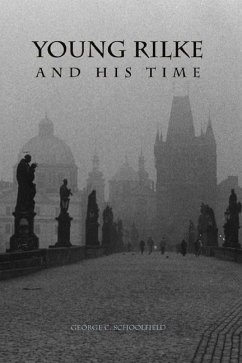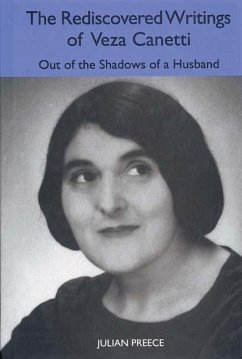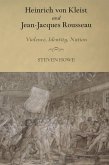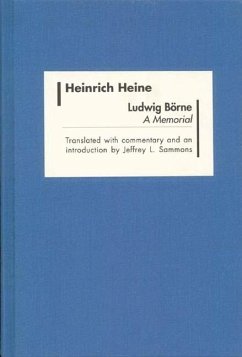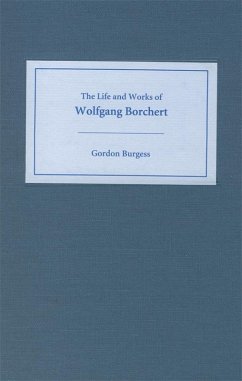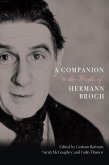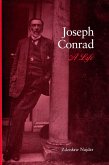A look at neglected aspects of the early career of one of the premier poets of the German language.
Although Rainer Maria Rilke and his work have been much studied and written about over the past century -- as befits the perhaps most important German-language poet of modern times -- certain aspects of his early life and career have been neglected or are in need of a fresh look. Accordingly, this book investigates Rilke's life and career from adolescence until the verge of thirty. Here the reader finds the hysterical, harried tutee clinging to Valerie vonRhonfeld; the clever, supercilious, and anxious stroller through Prague of Larenopfer; the narcissistic diarist preening for Lou Andreas-Salomé in Italy and elsewhere; the priggishly high-minded but lethal reviewer of German-language literature; the devoted but delusional presenter of Nordic letters. A final section focuses on thirteen poems or poem clusters composed between 1892 and 1900 and mostly left untouched by Rilke scholarship. While depending heavily on the evidence of the texts themselves, the present author allows himself to conjecture about, for instance, the traces left by the boy's hasty training in Latin; his knowledge -- or ignorance -- of Czech national opera and popular literature; the genesis of some willfully "decadent" poems; his odd literary likes and dislikes; and so on. From this "Wirrnis" (confusion, muddle; one of his favorite words), the young Rilke emerges as a dogged self-educator, and, for all his laments and insecurities and languorous poses, a figure of distinction, gifted with an almost preternatural verbal inventiveness and recondite energy.
George C. Schoolfield is Emeritus Professor of German and Scandinavian Literature at Yale.
Although Rainer Maria Rilke and his work have been much studied and written about over the past century -- as befits the perhaps most important German-language poet of modern times -- certain aspects of his early life and career have been neglected or are in need of a fresh look. Accordingly, this book investigates Rilke's life and career from adolescence until the verge of thirty. Here the reader finds the hysterical, harried tutee clinging to Valerie vonRhonfeld; the clever, supercilious, and anxious stroller through Prague of Larenopfer; the narcissistic diarist preening for Lou Andreas-Salomé in Italy and elsewhere; the priggishly high-minded but lethal reviewer of German-language literature; the devoted but delusional presenter of Nordic letters. A final section focuses on thirteen poems or poem clusters composed between 1892 and 1900 and mostly left untouched by Rilke scholarship. While depending heavily on the evidence of the texts themselves, the present author allows himself to conjecture about, for instance, the traces left by the boy's hasty training in Latin; his knowledge -- or ignorance -- of Czech national opera and popular literature; the genesis of some willfully "decadent" poems; his odd literary likes and dislikes; and so on. From this "Wirrnis" (confusion, muddle; one of his favorite words), the young Rilke emerges as a dogged self-educator, and, for all his laments and insecurities and languorous poses, a figure of distinction, gifted with an almost preternatural verbal inventiveness and recondite energy.
George C. Schoolfield is Emeritus Professor of German and Scandinavian Literature at Yale.
Dieser Download kann aus rechtlichen Gründen nur mit Rechnungsadresse in A, D ausgeliefert werden.

